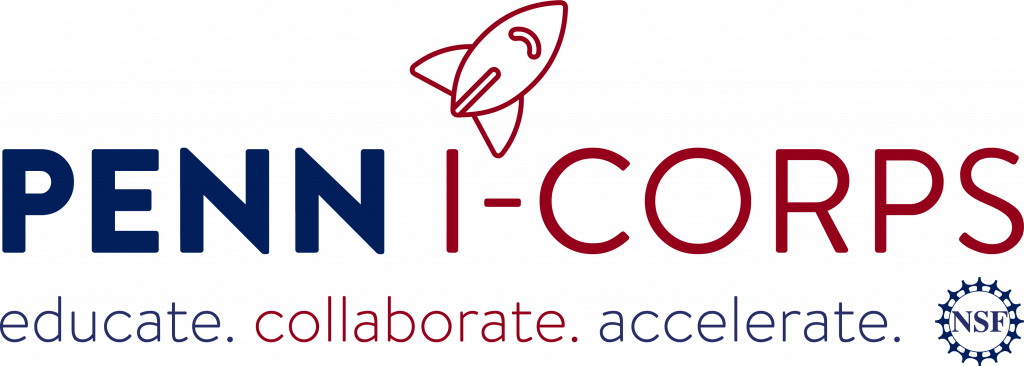Open to the Penn community: faculty, students, post-docs, staff, and alumni who graduated in the past year. We only work with ideas based on research / education developed at Penn in STEM and medicine areas.
Fall 2025 Deadline:
- Applications received by September 21 will be prioritized. The final deadline is September 28.
Virtual Information Sessions:
Learn more about the Penn I-Corps program, determine if your team is a good fit, and meet potential teammates by registering for one of our informational sessions. The sessions will take place from 12 pm to 1 pm EST via Zoom on the following dates:
- 9/16/25
- 9/22/25
- 9/26/25
Register for an information session here.
If you are unable to attend, you can watch a recording of an info session here.
You can apply as:
- a team with an idea;
- an individual with an idea looking to form a team; or
- an individual without your own idea, who wishes to join a team.
Fall 2025 Workshop Schedule
Opening Session: (in person) 10/23/25, 4 pm to 8 pm
- Team Introductions
- Customer Segment and Value Proposition Hypotheses
- Interview Design and Practice
- Finding Interview Subjects
Getting and conducting Interviews: (virtual) 10/24/25, 2pm to 4pm
- Finding interview candidates
- Landing interviews
- Conducting interviews
Office Hours: (virtual) 30 minutes during the weeks between opening and closing session
- Individualized Mentorship on Interviewing Progress
- Refining Hypotheses
Panel on Resources for Entrepreneurs: (in person) 11/14/25, 12-1 pm
Closing Session: (in person) 11/20/25, 4 pm to 8 pm
- Final Team Presentations
- Opportunities within the UPENN and NSF ecosystems
- Next Steps
Application Process
- We accept applications continuously on a rolling basis
- Once accepted, participants can choose which cohort to join
- Once a cohort fills up, you will be queued for the next one.
Looking to participate later? The Spring 2026 dates are below:
- Applications will open January 2026; priority deadline 2/20/26
- Opening Session: 3/19/26, 4 pm to 8 pm
- Getting and conducting Interviews: 3/20/26, 11 am to 1 pm
- Office Hours: 30 minutes, weeks between opening and closing
- Panel on Resources for Entrepreneurs 4/10/26, 12-1 pm
- Closing Session: (in person) 4/16/26, 4 pm to 8 pm
1
Determine Eligibility

2
Team Formation

3
Interview

4
Decisions

5
Class Begins

How I-Corps ranks applications:
The National Science Foundation created the I-Corps program in 2011 to support the commercialization of “deep technologies,” those revolving around fundamental discoveries in science and engineering. The I-Corps Program addresses the skill and knowledge gaps associated with the transformation of basic research into deep technology ventures.
Accordingly, Penn I-Corps classifies applications into four categories, with the 1st tier being the most preferred. Typically 10 to 12 teams participate in each course. About 50% of the teams fall in the 1st tier. Tiers 2 through 4 make up the remaining 50%.
- 1st tier – Deep technologies arising from funded research: Researchers (doctoral students, post-docs, faculty) working on ideas based on research conducted at Penn and funded by NIH, NSF, DoD, or other funding agencies.
- 2nd tier – Innovative research: innovative ideas developed at Penn based on deep technologies that do not originate in funded research
- 3rd tier – Applied innovation: ideas that use known technologies for innovative purposes but do not represent deep technological innovations.
- 4th tier – Remainder: ideas that do not fall in any of the above tiers
The Penn I-Corps Site works exclusively with the Intellectual Property (ideas) generated at Penn by students and researchers. Technologies developed outside of Penn do not qualify for participation in Penn I-Corps.
Programs For Penn Faculty, Students and Researchers with Ideas Based on Funded Research
If you want to explore creating a startup based on results from your research, you have come to the right place. Penn I-Corps will help you determine the market potential for your startup, which will put it on a growth trajectory.
We understand that the time constraints of a faculty member can make it hard to devote time to participate in I-Corps. That’s why we accept teams led by a member of the faculty’s lab.
More than 70 research-based teams have been trained by us.
- Innervace: is a regenerative therapy company developing technology to treat Parkinson’s Disease. Founded by Dr. Kacy Cullen and Dr. Douglas Smith, Penn I-Corps helped form a team led by Dr. Kullen’s graduate student Justin Burrell. The team’s participation in I-Corps in 2017 helped define its strategy. The company has since raised funds from investors and is the recipient of several grant awards.
- Vetigenics develops next-generation immunotherapies to treat disease and improve the lives of companion animals. Its founder is Dr. Nicola Mason, Professor of Medicine & Pathobiology at Penn Vet. After completing the Penn I-Corps training, Vetigenics participated in the National I-Corps program. The company is the recipient of an SBIR grant. In this video, Dr. Mason discusses her experience with I-Corps.

Programs for Penn Students or Researchers (With or without an idea)
If you have an idea, the Penn I-Corps customer discovery course will help you define your market and even acquire your first customers. If you do not have an idea for a startup, we can help you join another team that is looking for members.
More than 200 student-led teams have participated in Penn I-Corps.
- Neuroflow’s Chris Molaro (Wharton MBA student) and Adam Pardes (SEAS staff) participated in I-Corps in 2016. The company focuses on mental health and has raised more than $10M with >30 employees
- Five of the prestigious President Innovation Prize winners participated in I-Corps: inventXYZ, InstaHub, Strella Biotechnology, Avisi Technologies (VisiPlate), and XEED.